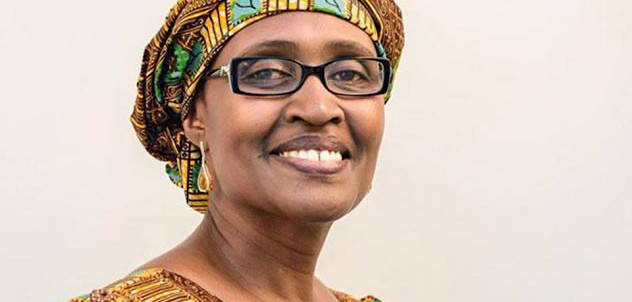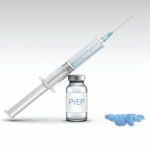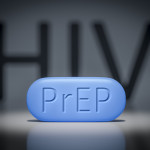Even as the COVID-19 pandemic disrupts access to HIV treatment and prevention services worldwide and threatens to roll back progress in fighting the latter pandemic, the Joint United Nations Program on HIV/AIDS (UNAIDS) is using World AIDS Day as an opportunity to call for a scaled-up HIV response in the crucial coming years.
COVID-19 has further complicated a global effort to combat HIV that has already greatly fallen short of the 2020 targets UNAIDS had established to great fanfare in the mid-2010s. Recent mathematical modeling efforts have led researchers to estimate that the new global pandemic and its associated mass disruption of society could lead to an additional 123,000 to 293,000 new cases of HIV and 69,000 to 148,000 additional AIDS-related deaths within the next two years.
Nevertheless, UNAIDS remains steadfast in observing the call it made in 2014—one that even then was highly aspirational—to end HIV as a global public health threat by 2030. Six years ago, the global agency said this goal could be achieved if, by 2020, nations got 90% of their HIV populations diagnosed, 90% of that group on antiretrovirals and 90% of that group virally suppressed.
Just 13 nations have achieved or exceeded these targets in the years since then, including the hard-hit sub-Saharan African nations Botswana and Eswatini (formerly known as Swaziland).
Looking to such nations as a guide, UNAIDS has set new targets for 2025 that, in addition to the traditional diagnosis, treatment and viral suppression goals, include hopes for considerable sociocultural shifts. While calling for the delivery of comprehensive reproductive and sexual health services, UNAIDS is pushing for an end to laws that discriminate against people living with and at risk for HIV, the mitigation of societal stigma toward HIV-positive individuals and an effort to lessen gender inequities and violence.
“The collective failure to invest sufficiently in comprehensive, rights-based, people-centered HIV responses has come at a terrible price,” Winnie Byanyima, the executive director of UNAIDS, said in a press release. “Implementing just the most politically palatable programs will not turn the tide against COVID-19 or end AIDS. To get the global response back on track will require putting people first and tackling the inequalities on which epidemics thrive.”
To read the UNAIDS press release, click here.
To read the report, click here.







1 Comment
1 Comment